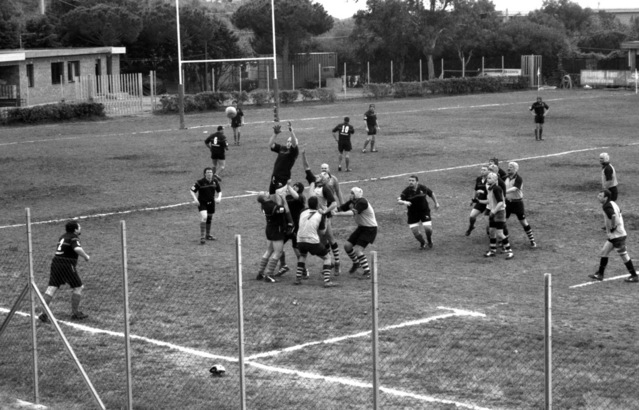There is a fine line we all try to walk between being an effective team player and a pushover. Many of us either do everything we possibly can to help out, or do nothing but the bare minimum. Neither of these are the ideal way to go about your job. If you are too willing to help out you will get used by opportunistic employees, if you are not willing enough- you may find yourself out of a job entirely. The key is to be a team player- and to find a balance between these two extremes.
Know what you have to do. Your responsibilities should always be your top priority. It does not matter what kind of crazy day Billy from marketing is having, you need to get your job done. It is why you are being paid. You should always know exactly what you need to accomplish at the beginning of each day. And, if you can get that done you can go ahead and help whoever you want to help! You don’t want to walk around saying “not my job,” but you also need to make sure you finish your job. If you can make this distinction clear to those around you, you are well on your way to being an effective team player!
Be Vocal! The easiest way to be marked as a pushover is to not take credit for your work. If you help someone on a project you need to take credit for that when it comes time to present it. If you have a suggestion in a meeting, say it loud and proud- do not whisper it to a co-worker. Establishing the fact that you have good and worthwhile ideas to the rest of the office is one of the best ways to earn the respect of your office.
Say No. If you are being asked to do something by a co-worker, and you can tell that it is a waste of your time, do not do it! Don’t be afraid to say no. While everyone loves a “yes-man,” not everyone respects one. Know what you need to do, and don’t let people bully you into doing things that you don’t need to.
Set Guidelines. If you are on a group project make sure that everyone in your group knows what they have to do. This relates back to knowing what you have to do, and not making your job picking up other people’s slack. If a group project goes wrong because Billy failed to do his part, don’t be afraid to let your supervisor knows where or how things broke down. And definitely do not take responsibility for other people’s failures.
Being an effective team player can be difficult. We all tend to be too helpful or not helpful enough! If you follow these guidelines, however, you will find that it is completely possible to take care of yourself and others in a healthy way!

